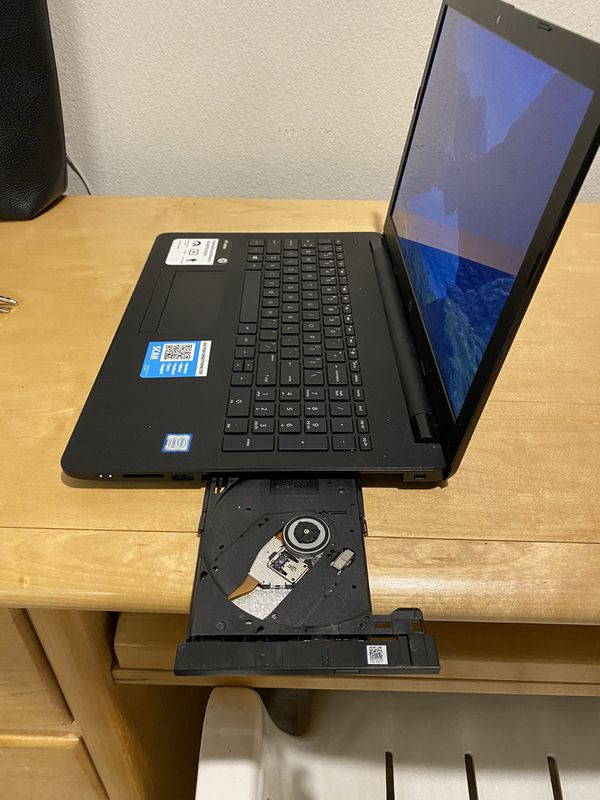
#The cd player for pc software
Some CDs, called enhanced CDs, hold both computer data and audio with the latter capable of being played on a CD player, while data (such as software or digital video) is only usable on a computer (such as ISO 9660 format PC CD-ROMs).
#The cd player for pc full
Generally speaking, discs with the Blu-ray logo will be more than capable of handling a full Windows system backup, as well as a vault for personal files. The latter two are available only for BD-XL classified drives. There are older single layered discs (25GB), dual-layer (50GB), triple layer (100GB) and finally quadruple layer (128GB). Much like DVDs, Blu-ray also has more than a single layer option.

This is the best option if you plan to read and write to different disc formats, though these drives are slightly more expensive. Finally, there are "combo drives" that can not only read and write to Blu-ray discs and read CD and DVDs but also have the ability to write to the older formats. It can get rather confusing with the differences between each format but note that a Blu-ray drive or player can play anything, while DVD drives cannot load up Blu-ray discs. While Blu-ray media isn't supported on DVD drives and is not backward compatible with DVD players, it is possible to load up and write to both CDs and DVDs with a Blu-ray drive. 128GB of data can be stored on a single disc, making it a versatile means of storage. (Fun fact: Grand Theft Auto V is so big the physical PC version requires a total of seven DVD discs!)īlu-ray was developed and launched to tackle the issue of even more capacity being needed for higher quality video. Most games of today are also still released on DVD for PCs, which opens up an avenue of physical video game purchases. If you need to throw together a physical package containing a bunch of important files or media, DVD is the way to go unless you have more than around 10GB, whereby Blu-ray would make more sense. It's easy to check, simply watch out for "DVD+R DL" or "DVD-R DL." Not all players and drives will be able to access the dual-layered discs, so be sure to check before parting with any money. DVDs can be single- or dual-layered, with the latter supporting up to 8.5GB of data.

This also allows for vastly more content to be stored on the discs, making them ideal for smaller system backups. A DVD, on the other hand, will be able to hold just shy of 5GB (4.7GB) worth of data.Ī huge increase in available storage was driven by the need for physical media to house HD movies. With a CD, you'll get around 700MB at the most. The main difference between CDs and DVDs is the size of available storage. DVD drives are not only able to play and write to DVD media, but also CDs.

It's rather difficult to pick up a new CD drive, but to be honest DVD drives are affordable so it really isn't an issue.


 0 kommentar(er)
0 kommentar(er)
